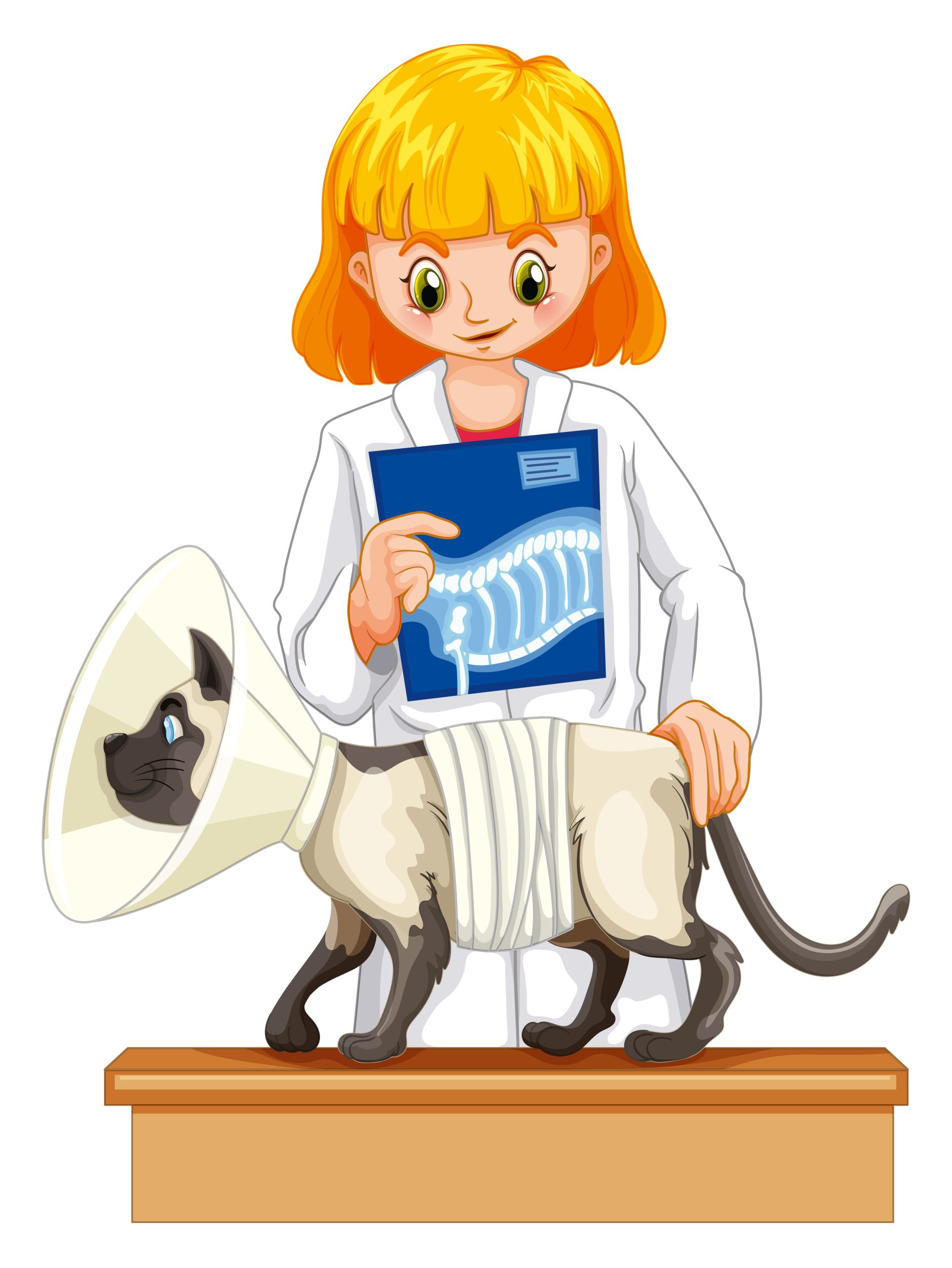- 3 May 2023
- 45
Alternative Treatments for Piroplasmosis

Piroplasmosis is a tick-borne disease that affects horses worldwide, causing fever, anemia, and other health complications. While traditional treatments, such as antibiotics and anti-parasitic medications, are typically used to treat Piroplasmosis, some horse owners may prefer a more holistic approach to healing their horse. Alternative treatments can be used in conjunction with traditional treatments or on their own to help alleviate symptoms and promote overall health and well-being.
Here are some alternative treatments that horse owners may consider for Piroplasmosis:
- Herbal Remedies
Herbal remedies can be used to boost the immune system and support overall health in horses with Piroplasmosis. Some herbs that are commonly used include echinacea, garlic, and goldenseal. These herbs are known for their anti-inflammatory, antibacterial, and antiviral properties and may help to reduce fever and inflammation in horses with Piroplasmosis.
- Acupuncture
Acupuncture is a traditional Chinese medicine practice that involves inserting small needles into specific points on the body to stimulate the body’s natural healing processes. Acupuncture can be used to help alleviate pain and inflammation in horses with Piroplasmosis and may also help to improve the horse’s overall well-being and energy levels.
- Homeopathy
Homeopathy is a system of medicine that uses highly diluted substances to stimulate the body’s natural healing processes. Homeopathy can be used to help alleviate the symptoms of Piroplasmosis, such as fever, anemia, and jaundice. Some homeopathic remedies that may be useful for horses with Piroplasmosis include belladonna, arsenicum album, and natrum muriaticum.
- Aromatherapy
Aromatherapy involves using essential oils to promote healing and well-being in horses. Essential oils can be used to help alleviate the symptoms of Piroplasmosis, such as fever and inflammation, and may also help to boost the horse’s immune system. Some essential oils that may be useful for horses with Piroplasmosis include lavender, peppermint, and eucalyptus.
It’s important to note that while alternative treatments may be useful for horses with Piroplasmosis, they should never be used as a substitute for traditional medical treatments. It’s essential to consult with a veterinarian before using any alternative treatments to ensure that they are safe and effective for your horse.
In conclusion, alternative treatments can be a useful addition to traditional treatments for Piroplasmosis in horses. Herbal remedies, acupuncture, homeopathy, and aromatherapy can all be used to help alleviate the symptoms of Piroplasmosis and promote overall health and well-being in horses. However, it’s important to work with a veterinarian to develop a comprehensive treatment plan that takes into account your horse’s individual needs and medical history. By working together, horse owners and veterinarians can help ensure the best possible outcomes for horses with Piroplasmosis.

